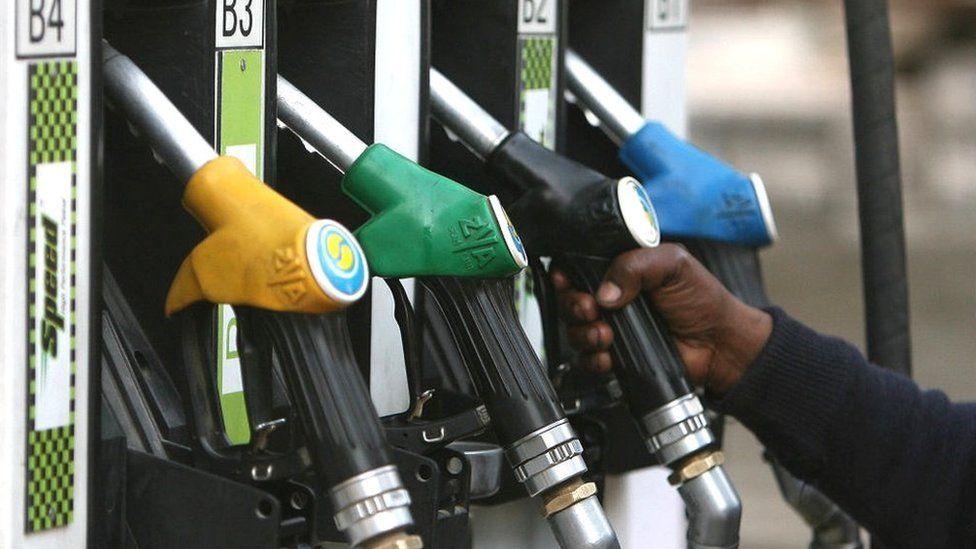Africa-Press – Tanzania. Dar es Salaam.
Twenty-six fuel stations, which were suspended for violating fuel-marking requirements, have resumed operations.
The Energy and Water Utilities Regulatory Authority (Ewura) suspended the 26 fuel stations earlier last month in its crackdown to control tax fraud.
Ewura and the Tanzania Bureau of Standards (TBS) jointly said the stations – some of which are owned by big companies like Total, GBP, Camel, Oilcom, Lake Oil and Oryx – violated fuel marking requirements by selling the products that had not been marked.
By doing so, Ewura and TBS suspected that product that was being sold in the stations was either untaxed fuel in transit, or for tax-exempted projects into their reserves.
But the Ewura public relations and communications manager, Mr Titus Kaguo told The Citizen that the companies had since been cleared.
According to regulations, for the companies to resume operations, they had to pay a fine of Sh7 million each, translating into a total of Sh182 million.
They were also to pay tax claimed by the Tanzania Revenue Authority (TRA).
“I am confident they have already made the payments of both fines and tax and businesses have returned to normalcy,” said Mr Kaguo.
“That is business, they cannot wait for a long time,” he stressed.
The TBS exclusively marks fuel meant for local consumption with the exception of the government reserves and specifically tax exempted one (fuel).
The process – which involves mixing the petroleum products in depots with a unique identifier/marker – is done to ensure product integrity and protection against counterfeiting, adulteration and tax fraud.
However, the two institutions said they found the 26 fuel stations with no required markers during an investigation involved 195 stations between July 2 and August 9 this year.
This meant that owners of the stations mixed their fuels with the untaxed fuel for the purpose of evading taxes.
The procedure of using markers in fuels started in 2010 with the government aiming to control tax evasion by differentiating the fuels used in the country from the fuels on transit and for mines that had tax exemption.







